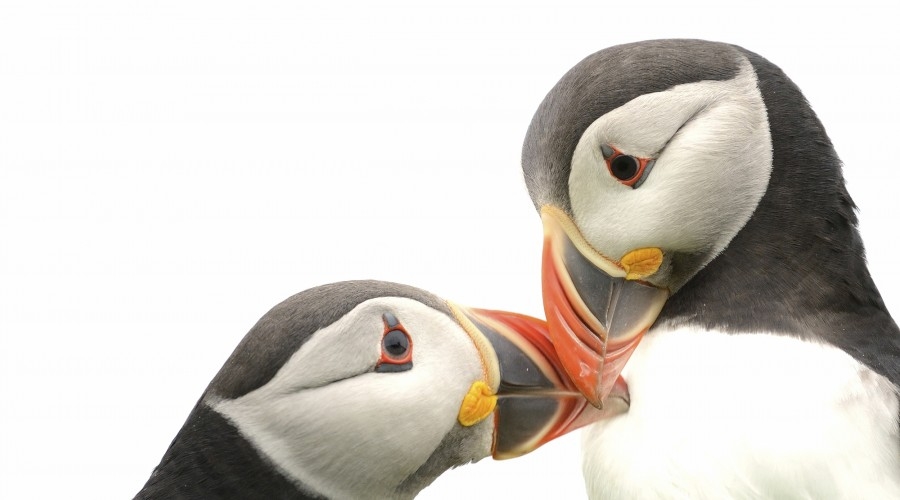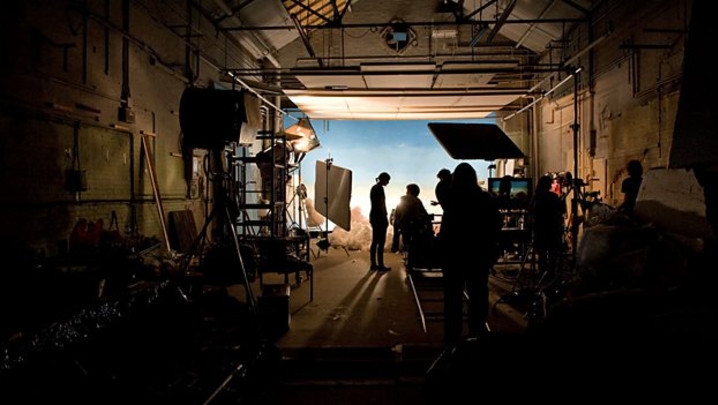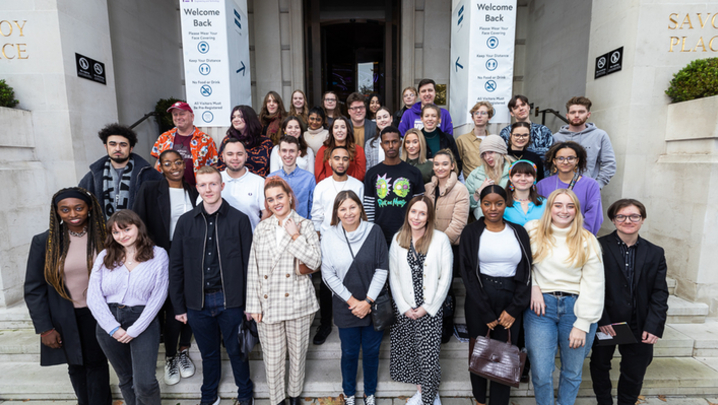The National Film and Television School has announced a partnership with the RSPB on its Directing and Producing Science and Natural History MA.
The partnership will include an RSPB scholarship, which will support a student through their two year MA, starting in the School’s new academic year in January 2018.
The two-year MA course will equip students with the skills required to direct science, natural history and wildlife productions and the knowledge to produce entire shows.
The RSPB will work closely with tutors and students to inspire a new generation of filmmakers to create engaging content that elevates the charity's conservation cause, reaching new audiences through innovative student filmmaking.
Students will be able to access the RSPB nature reserves to practice and enhance their wildlife filming technique.
Students will also be able to attend masterclasses and practical sessions on conservation filmmaking, field craft skills, and the role of ethics and animal welfare in wildlife filming best practice, run by the RSPB's Film Unit.
The RSPB Film Unit, formed in 1953, is the oldest professional wildlife filmmaking unit in the UK.
It has produced award-winning documentaries and has been a training ground for leading natural history camera operators and producers such as Hugh Miles, Mike Richards, Ian McCarthy, John Aitchison and David Allen.
The Directing and Producing Science and Natural History MA is led by wildlife documentary director and series producer Paul Reddish, credited for series including Attenborough in Paradise, The Future is Wild and Hummingbirds Jewelled Messengers.
Mark Percival at RSPB Digital Media said: “We’re delighted to be working with the NFTS. We face a considerable challenge as conservationists, working to reverse the declines in the numbers of species and the loss of natural habitats.
"As filmmaking technology rapidly evolves, it creates new opportunities for us to reach millions of people with the message that there’s an urgent need to look after our wild spaces and the wildlife around us. Supporting and developing new talented filmmakers who are passionate about conservation, and who can create powerful visual stories, is fundamental to achieving the RSPB’s goal of a sustainable world richer in nature.”
The MA will give students the chance to build a wide portfolio of experience bespoke to wildlife programme making and will benefit from work placements at the UK’s major wildlife production companies.
To find out more about the scholarship, click here to sign up to the open day on April 18th.
To apply for the Directing Natural History and Science MA, click here.
Applications are open until July 6th 2017 and the course will commence in January 2018.
For more information, visit the website here.










